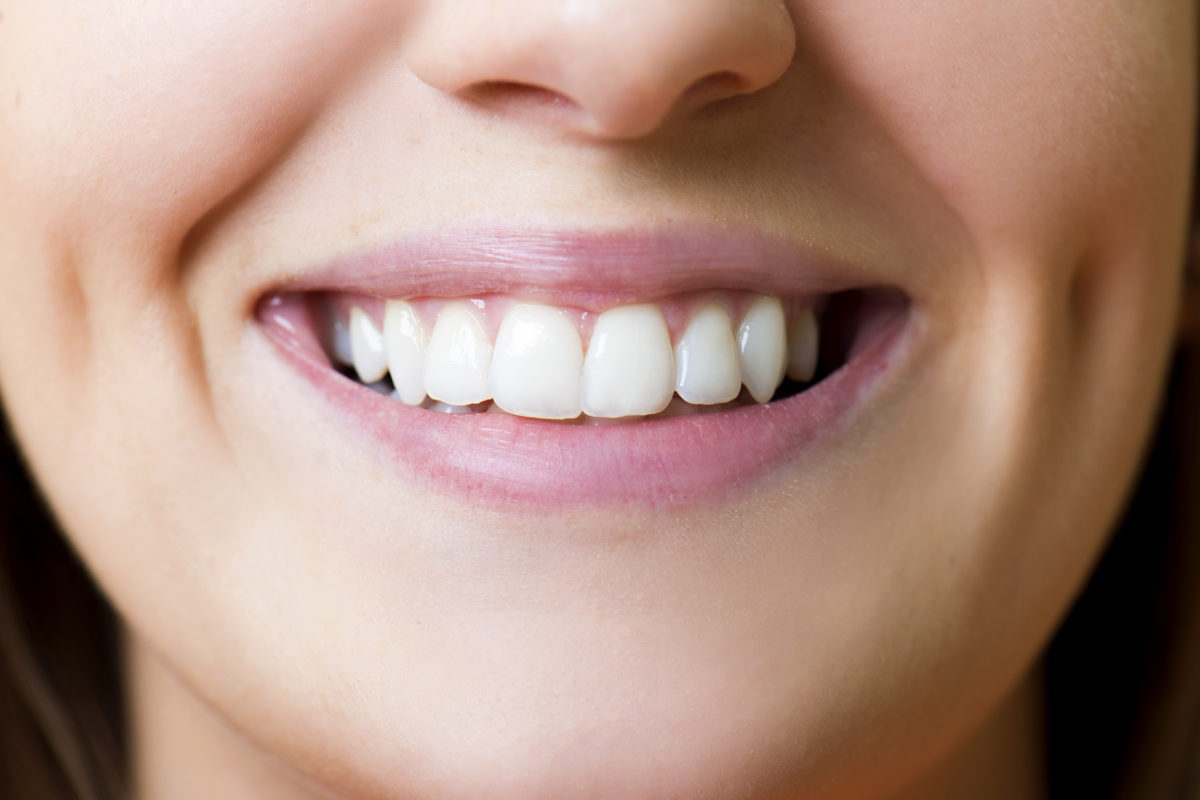In the United States, emergency dental care services lead to 34 million lost school hours and $45 billion of lost productivity each year, according to the CDC. There are a few effective ways to minimize the likelihood of needed emergency dental care. Let’s take a closer look at a few of them. Stay Up to … Continue reading How to Avoid a Dental Emergency
Cavities are one of the most common dental problems that can be painful and costly to repair. Fortunately, with regular care and preventive treatment in the form of dental sealants, you can help protect your teeth from decay. Dental sealants are a great way to prevent cavities as they provide a protective barrier over the … Continue reading How Can Dental Sealants Prevent Cavities?
Dental injuries that lead to the loss of teeth can be extremely difficult for a person. Such injuries can make one lose confidence in their appearance. To restore this, one may either have dentures or dental implants. Here are the differences and similarities between these two options. Dentures Dentures are oral appliances that are made … Continue reading Why Implants are Preferable to Dentures


